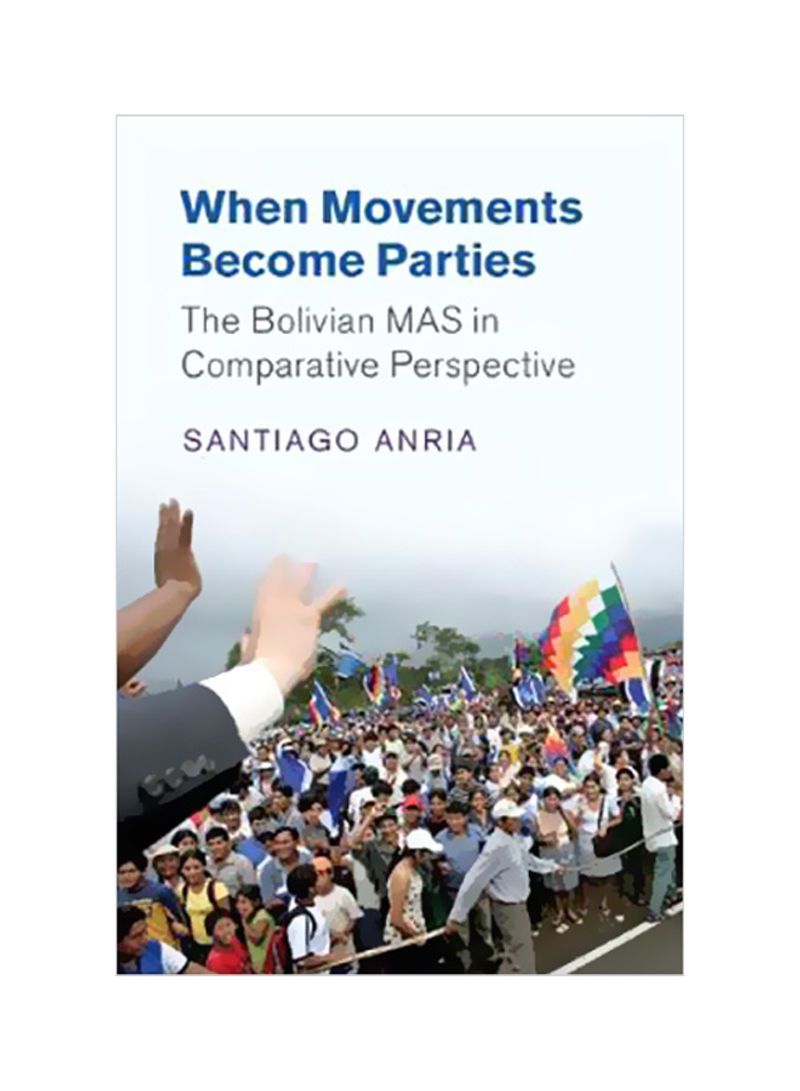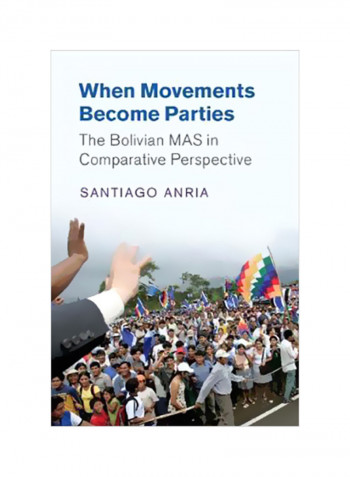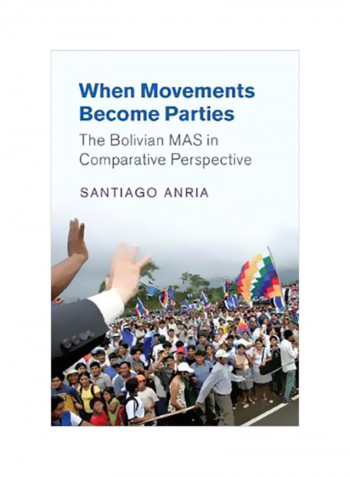When Movements Become Parties: The Bolivian MAS In Comparative Perspective Hardcover
Recommend
Sort by
Rating
Date
Specifications
Grade
New
Author 1
Santiago Anria
Book Description
Why do some parties formed by social movements develop top-down structures while others stay more open and responsive to their social bases? The first rigorous comparative study of movement-based parties, this book shows not only how movements can form parties but also how movements contribute to parties' internal politics and shape organizational party models over the long term. Although the existing literature argues that movement-based parties will succumb to professionalization and specialization, anria shows that this is not inevitable or preordained through an in-depth examination of the unusual and counterintuitive development of bolivia's mas. Anria then compares the evolution of the mas with that of other parties formed by social movements, including brazil's pt and uruguay's fa. In a region where successful new parties of any type have been rare, these three parties are remarkable for their success. Yet, despite their similar origins, they differ sharply in their organizational models
ISBN-13
9781108427579
Language
English
Publisher
Cambridge University Press
Publication Date
20 Dec 2018
Number of Pages
300
About the Author
Santiago anria is assistant professor of political science and latin american studies at dickinson college, pennsylvania. His research focuses on social movements, political parties, and democracy in latin america, and has appeared in journals including comparative politics, comparative political studies, the journal of democracy, and latin american politics and society
Editorial Review
Anria not only explains how social movements can give rise to political parties, but also offers a provocative challenge to the conventional wisdom that parties are necessarily oligarchic in their internal organization. Drawing from extensive field research on the bolivian mas and its movement bases, he shows how independent grass-roots actors can hold party leaders accountable to popular constituencies. This is path breaking work that forces scholars to reexamine time-worn assumptions about the relationships between parties and movements. Kenneth m. Roberts, richard j. Schwartz professor, cornell university, new york party-building is hard. In latin america and elsewhere, most new parties fail. When movements become parties offers a theoretically innovative and empirically rich account of one of latin americas rare party-building successes. It also deepens our understanding of an important, yet under-theorized, path to party-building, social movementism



